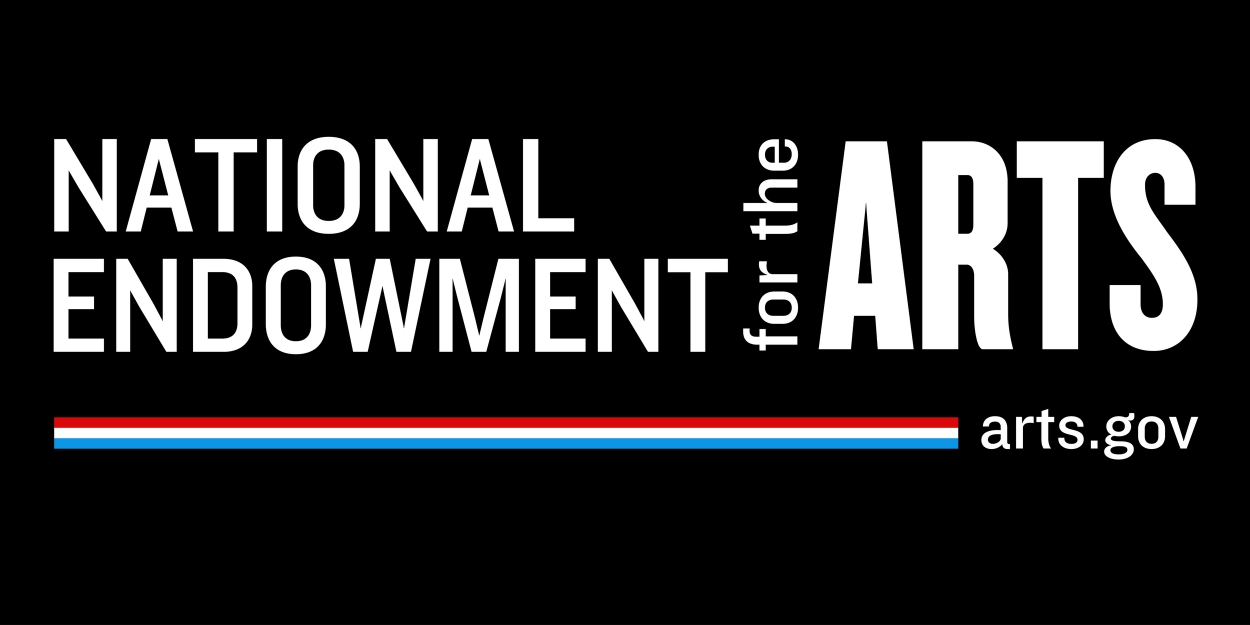Amendment to Cut Funding to the National Endowment for the Arts Does Not Pass
The amendment to cut funding to the National Endowment for the Humanities also did not pass.

Last week, an attempt to cut funding to the National Endowment for the Arts was voted down. On November 2, the House passed the Fiscal Year 2024 Department of the Interior, Environment, and Related Agencies Appropriations Act, H.R. 4821. During the session, amendments were proposed to cut funding for the National Endowment for the Arts (Amendment 60) and the National Endowment for the Humanities (Amendment 61). Both were voted down.
The vote to cut funding to the NEA was 129-292, with the vote to cut funding to the NEH at 132-292, according to a recap on Speaker Mike Johnson's page.
The original house bill will now move to the Senate, without either amendment on the table.
About the National Endowment For the Arts
Established by Congress in 1965, the National Endowment for the Arts is an independent federal agency that is the largest funder of the arts and arts education in communities nationwide and a catalyst of public and private support for the arts. By advancing equitable opportunities for arts participation and practice, the NEA fosters and sustains an environment in which the arts benefit everyone in the United States.
About the National Endowment For the Humanities
NEH serves and strengthens our republic by promoting excellence in the humanities and conveying the lessons of history to all Americans. The Endowment accomplishes this mission by awarding grants for top-rated proposals examined by panels of independent, external reviewers. NEH grants typically go to cultural institutions, such as museums, archives, libraries, colleges, universities, public television, and radio stations, and to individual scholars.
Videos

